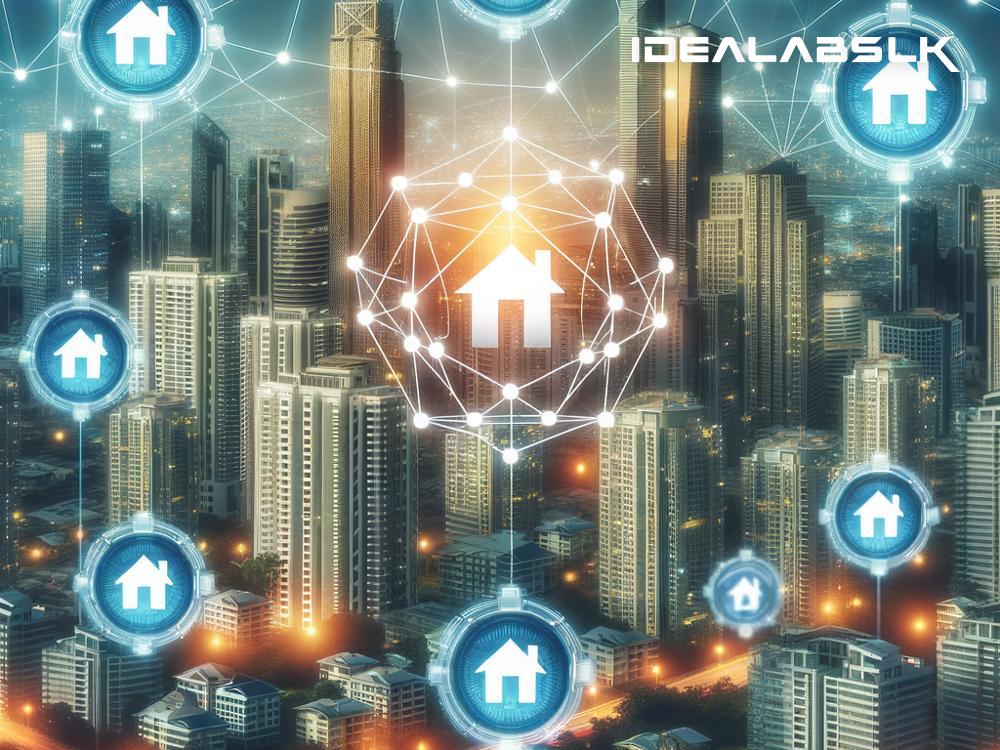The Revolution of Real Estate: How Blockchain Can Transform Market Regulation
In recent years, the buzz around blockchain technology has transcended beyond the borders of digital currency and found its way into various sectors, with real estate standing out as a prime candidate for a blockchain makeover. At its core, blockchain is a system of recording information in a way that makes it difficult or impossible to change, hack, or cheat the system. This groundbreaking technology offers a glimpse into a more transparent, accessible, and secure real estate market. But how exactly does blockchain have the potential to revolutionize market regulation in the real estate industry? Let's dive in.
Simplifying Transactions
Imagine a world where buying or selling a property doesn't require a mountain of paperwork, countless verification steps, or the agonizing wait for approvals. Blockchain makes this possible by creating a secure and immutable ledger of transactions. This means that every transaction is recorded in a way that is permanent and easily verifiable by all parties involved, cutting down the need for intermediaries such as lawyers and banks. This not only simplifies the transaction process but also reduces the costs associated with these intermediaries.
Enhancing Transparency and Trust
One of the persistent challenges in the real estate market is the lack of transparency. It can be challenging to verify the authenticity of property listings, the history of property ownership, or the integrity of transactions. Blockchain introduces a level of transparency previously unimaginable by making all transactions publicly verifiable within its network. This enhanced transparency fosters trust among parties, as it is virtually impossible to manipulate or forge information on a blockchain.
Streamlining Property Management
Managing a property involves a myriad of tasks, from ensuring regular maintenance to managing leases and dealing with payment transactions. Blockchain can streamline these processes by automating many of these tasks through smart contracts. These are self-executing contracts where the terms are directly written into lines of code. For instance, a smart contract could automatically trigger the release of funds for a property purchase once all agreed conditions are met, without any manual intervention. This not only speeds up transactions but also reduces the potential for disputes.
Improving Access and Inclusivity
The real estate market has often been criticized for being inaccessible to the average person, partly due to the high costs of entry and partly because of the complexity of real estate transactions. By reducing transaction costs and simplifying the buying and selling process, blockchain makes real estate investment more accessible to a broader audience. Furthermore, with the advent of real estate tokenization, where properties are divided into shareable digital tokens, individuals can now invest in real estate with much smaller amounts, democratizing access to real estate investments.
Securing Data Integrity
In real estate, the integrity of data, including property records, ownership history, and transaction details, is paramount. Blockchain ensures the security of this data through its decentralized nature and cryptographic hash functions, making it virtually tamper-proof. This level of security not only protects against fraud but also ensures that all parties have access to reliable and unaltered information.
The Path Forward
While the potential for blockchain to revolutionize the real estate market is immense, it's important to remember that we are still in the early days of this transformation. Regulatory hurdles, technological challenges, and the need for widespread adoption are all obstacles that need to be addressed. However, the benefits of blockchain for real estate market regulation are too significant to ignore.
Conclusion
The integration of blockchain into the real estate sector promises a future where transactions are faster, cheaper, and more secure. A future where transparency and trust are the norms, not the exceptions. And a future where the real estate market is more accessible and inclusive. As the technology matures and adoption grows, we are likely to see significant changes in how real estate transactions are conducted. The journey towards a blockchain-powered real estate market is just beginning, but its potential to transform market regulation is undeniable. For industry stakeholders and investors, staying informed and adapting to these changes will be key in harnessing the full potential of blockchain in real estate.

